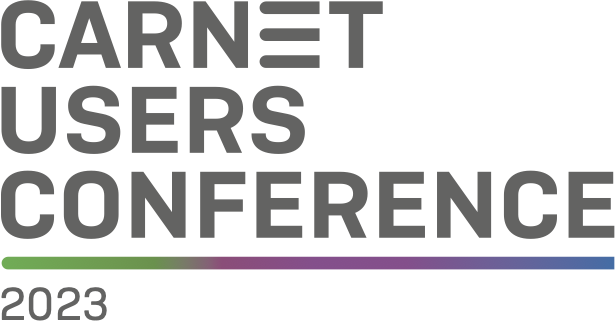Miles Berry
Miles is Professor of Computing Education at the University of Roehampton. Prior to joining Roehampton, he spent 18 years in four schools, much of the time as an ICT coordinator and most recently as a head teacher.
He is a board member of England’s National Centre for Computing Education and Computing At School. He is a fellow of the BCS, HEA and Chartered College of Teaching. He served on CSTA’s board as international representative 2016-2020. Over the years he has contributed to a number of computing related projects including the national curriculum computing programmes of study, Switched on Computing, Barefoot Computing, QuickStart Computing, CAS TV, Project Quantum, Hello World, AI4K12 and the Royal Society’s Mathematical Futures project.
He gives regular keynotes and CPD workshops on computing and education technology in the UK and abroad and has worked on a number of international projects involving technology, curriculum development and CPD.
AI for Accessibility and Inclusion
Vygotsky saw learning as taking place in a ‘zone of proximal development’, where what a child could do with support from a ‘more knowledgeable other’ today, would become what they could do independently tomorrow. Prof Berry presents AI as potentially taking on the role of the more knowledgeable other, particularly for learners who might normally struggle to access the curriculum. He offers some insights into how pupils can learn about the concepts on which AI is built, and then explores some practical ways in which free tools can support pupils with the language demands of the school curriculum, from text to speech and speech to text tools, through machine translation to the potential of ChatGPT and generative AI tools. He concludes with some thoughts on the ethical and long term implications of these technologies.

